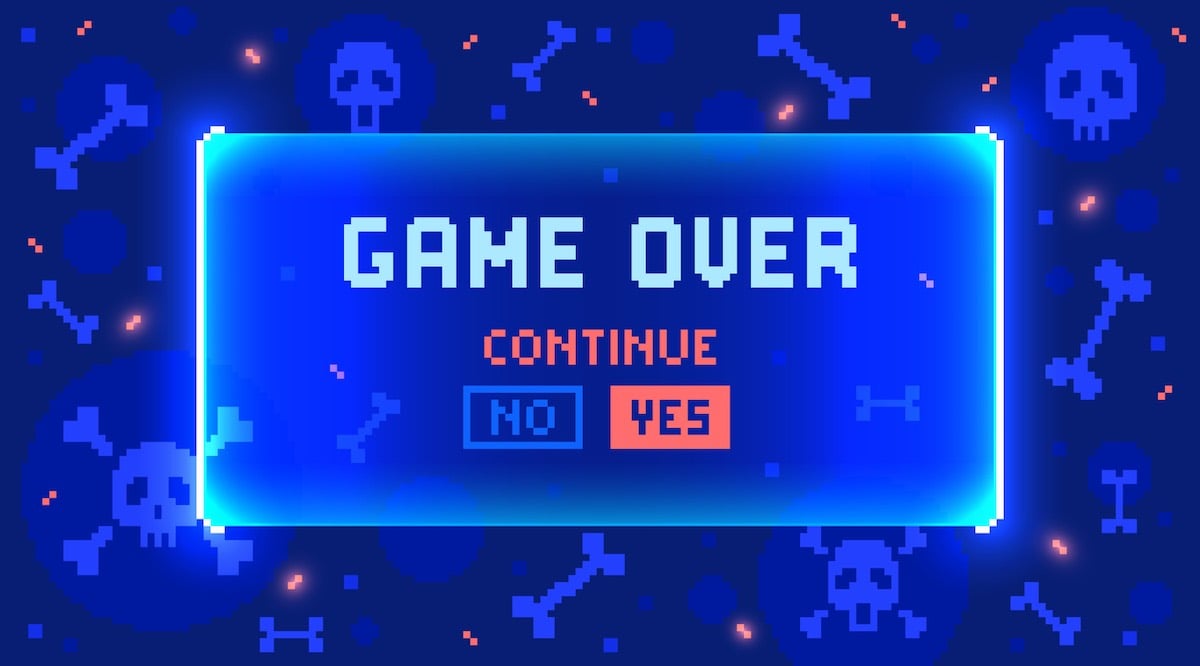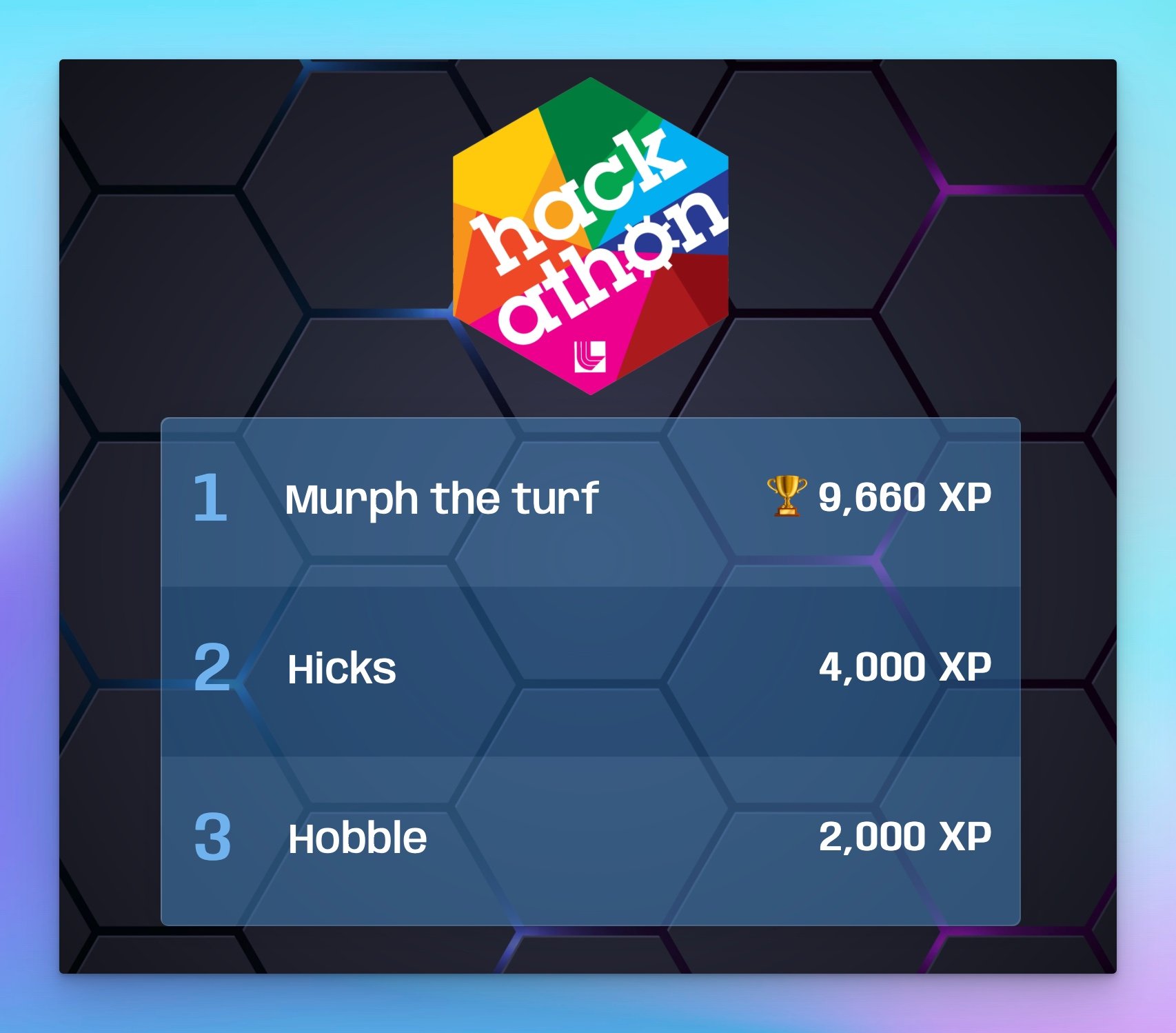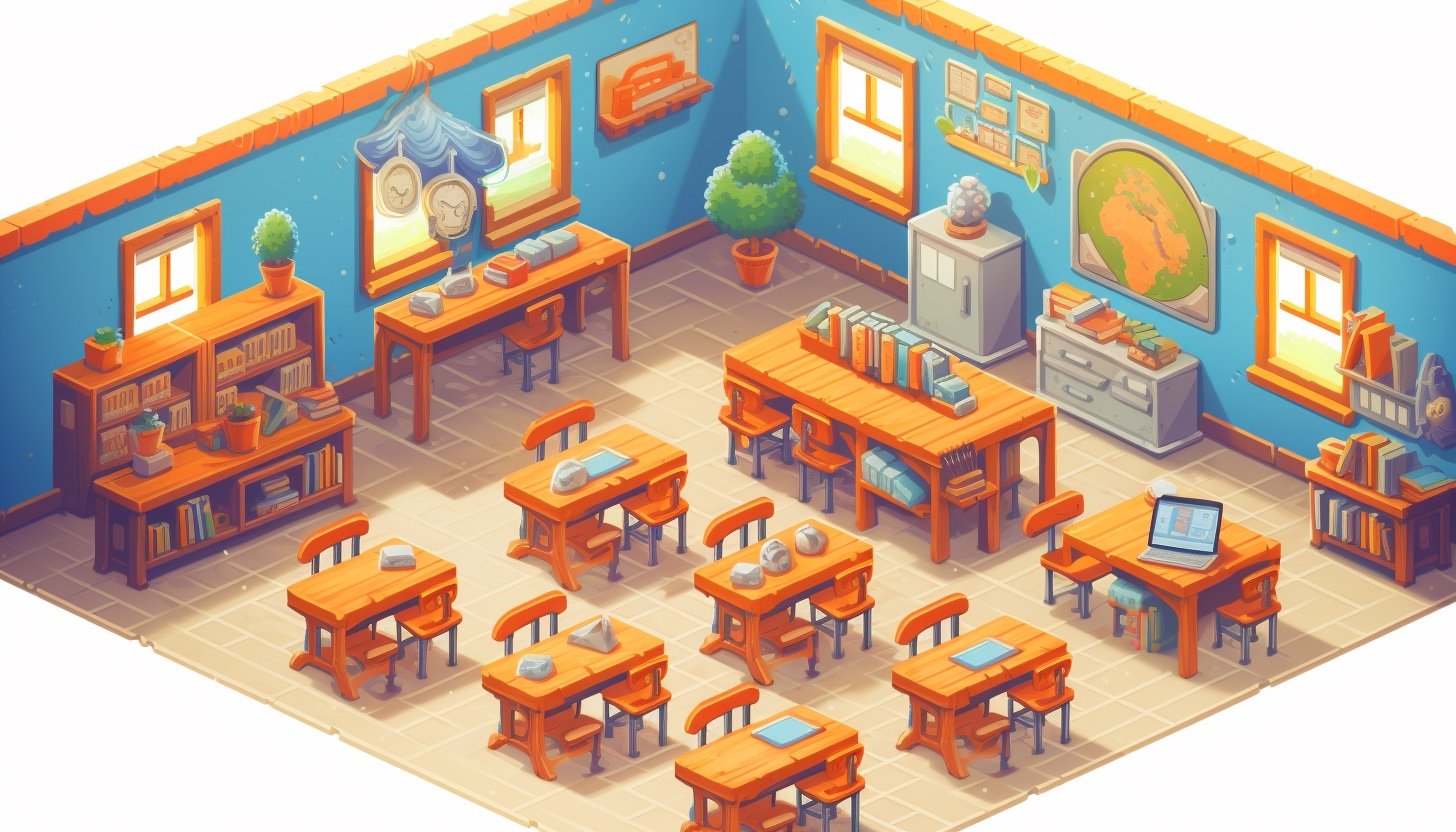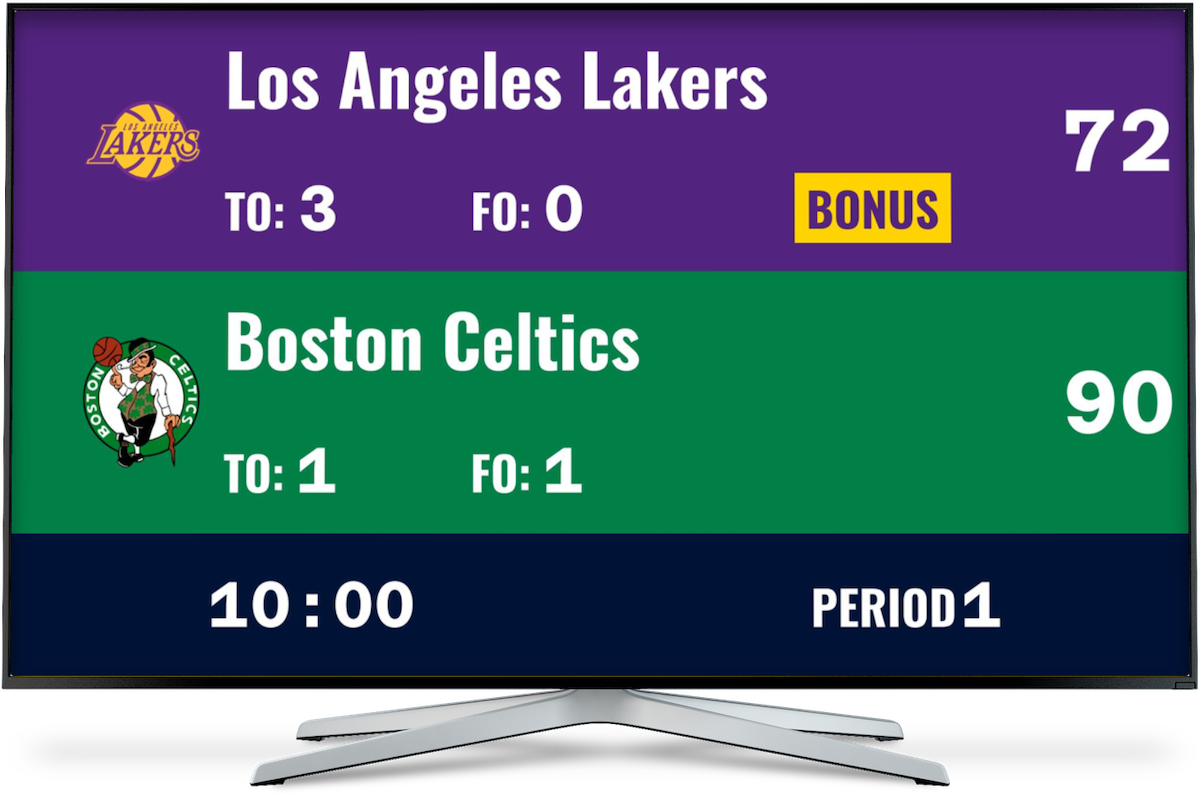What Are Gaming Leaderboards?
Gaming leaderboards are ranking systems integrated into video games that display player performance metrics in hierarchical order. These systems track various achievements including high scores, completion times, kill-death ratios, or custom game-specific metrics. Leaderboards serve dual purposes: providing individual progress tracking and enabling community-wide performance comparison.
The psychological impact of leaderboards stems from social comparison theory, which suggests humans naturally evaluate their abilities relative to others. This mechanism drives player engagement but can also trigger negative behaviors when implemented without proper safeguards.
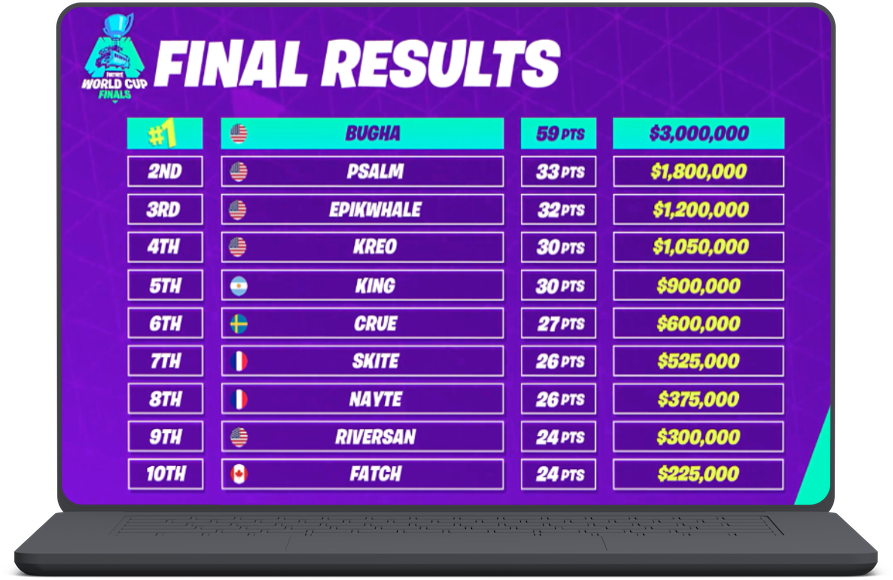
Major Games Using Leaderboard Systems
Leaderboards have become essential infrastructure for competitive online gaming. Major implementations include:
- Fortnite: Tracks Victory Royales, eliminations, and seasonal rankings
- Call of Duty: Features multiplayer rankings, K/D ratios, and seasonal ladders
- Apex Legends: Displays ranked progression tiers and battle royale statistics
- Minecraft: Server-specific leaderboards for various game modes
- World of Warcraft: PvP rankings, raid progression, and achievement points
- League of Legends: Ranked ladder system with tiers from Iron to Challenger
Positive Impacts of Gaming Leaderboards
Leaderboards generate multiple psychological and social benefits within gaming communities:
Individual Achievement Recognition
Players experience intrinsic satisfaction from visible progress markers. Climbing rankings provides tangible evidence of skill improvement, creating dopamine-driven feedback loops that maintain engagement. This recognition system transforms abstract skill development into concrete achievements.
Community Building Through Competition
Shared competitive frameworks foster social connections. Players form guilds, teams, and friendships around collective ranking goals. Team-based leaderboards amplify this effect by creating interdependent success metrics where individual performance contributes to group achievements.
Skill Development Motivation
Ranking systems provide clear improvement pathways. Players analyze higher-ranked strategies, study optimal techniques, and practice specific skills to advance. This structured progression transforms casual gaming into deliberate skill cultivation.
Negative Consequences of Gaming Leaderboards
While leaderboards enhance engagement, they can trigger harmful behaviors and community dynamics when poorly implemented or moderated.
Gaming Addiction and Life Imbalance
Ranking obsession can lead to problematic gaming patterns. Players may sacrifice sleep, social relationships, and professional responsibilities pursuing rank advancement. The constant availability of ranking improvements creates "just one more game" cycles that extend play sessions beyond healthy limits.
Social Toxicity and Harassment
Leaderboards can foster elitist attitudes where high-ranked players demean lower-ranked community members. This hierarchy often manifests as:
- Verbal harassment in game chat
- Gatekeeping of game content or communities
- Cyberbullying targeting perceived "weak" players
- Rank-based discrimination in team formation
Players frequently conflate gaming rank with personal worth, creating toxic social dynamics that damage community health.
Systemic Inequality Issues
Leaderboard systems often favor players with specific advantages:
- Time Availability: Players with more free time accumulate more practice and ranking points
- Financial Resources: Pay-to-win elements or better hardware provide competitive edges
- Geographic Location: Server proximity affects latency-sensitive rankings
- Technical Exploits: Bugs or cheats undermine ranking integrity
These disparities create frustration among players who cannot compete on equal terms despite comparable skill levels.

Solutions for Healthy Leaderboard Implementation
Game developers and communities can implement multiple strategies to maximize benefits while minimizing toxicity:
Technical Safeguards
- Anti-Cheat Systems: Implement robust detection for exploits, bots, and unauthorized modifications
- Matchmaking Balance: Create skill-based matching to ensure fair competition across rank tiers
- Multiple Ranking Categories: Offer various leaderboards (casual, competitive, time-limited) to accommodate different playstyles
- Rank Decay Mechanisms: Prevent indefinite rank camping through activity requirements
Community Management Approaches
- Behavioral Scoring: Track sportsmanship alongside performance metrics
- Reporting Systems: Enable community-driven moderation of toxic behavior
- Positive Reinforcement: Reward helpful players with recognition beyond rankings
- Communication Filters: Implement opt-in voice chat and text filtering options
Player Wellness Features
- Play Time Tracking: Display session lengths to encourage breaks
- Wellness Reminders: Periodic prompts for physical activity and hydration
- Rank Anxiety Reduction: Hide rankings during matches to reduce performance pressure
- Seasonal Resets: Provide fresh starts to prevent permanent rank stratification
Design Philosophy Shifts
Modern game design increasingly emphasizes collaborative ranking systems where individual success contributes to group achievements. This approach maintains competitive elements while reducing zero-sum toxicity. Examples include guild rankings, regional competitions, and cooperative challenges that require diverse skill contributions.
Implementing Gaming Leaderboards
Creating effective leaderboards requires balancing competitive engagement with community health. Whether developing new games or adding rankings to existing communities, consider these implementation factors:
Key Design Decisions
- Ranking Metrics: Choose measurements that encourage desired player behaviors
- Update Frequency: Determine real-time versus periodic ranking calculations
- Visibility Scope: Decide between global, regional, or friend-group rankings
- Reset Cycles: Plan seasonal or permanent ranking structures
Quick Setup Process:
- Click the creation button above to access the leaderboard builder
- Configure basic settings including ranking type and display options
- Add initial players or teams with customizable avatars and identifiers
- Select "CREATE LEADERBOARD" to generate your ranking system
- Share the public link with your gaming community
Best Practices for Gaming Leaderboards
- Start Small: Test with limited player groups before full deployment
- Monitor Behavior: Track community health metrics alongside performance
- Iterate Regularly: Adjust ranking formulas based on player feedback
- Celebrate Diversity: Recognize various achievements beyond top rankings
- Maintain Transparency: Publish clear ranking criteria and update schedules
Leaderboards remain powerful tools for gaming engagement when implemented thoughtfully. Success requires ongoing community management and willingness to adapt systems that prioritize player wellness alongside competitive excitement.

